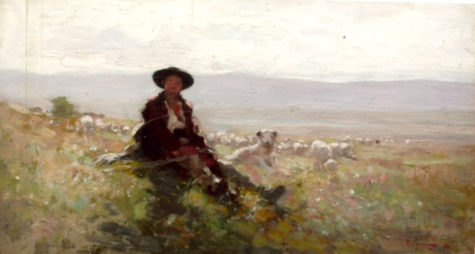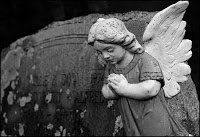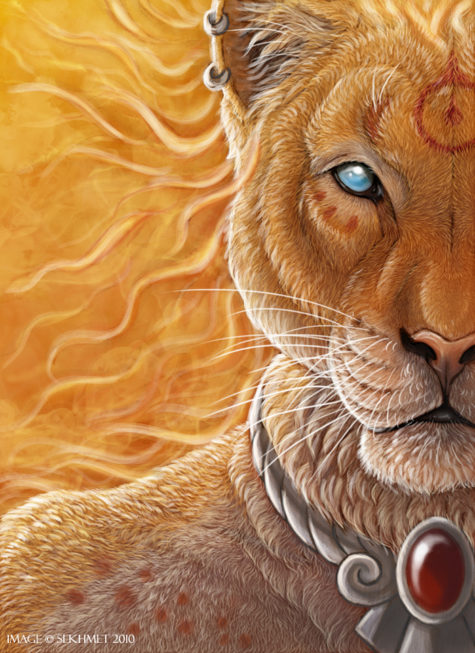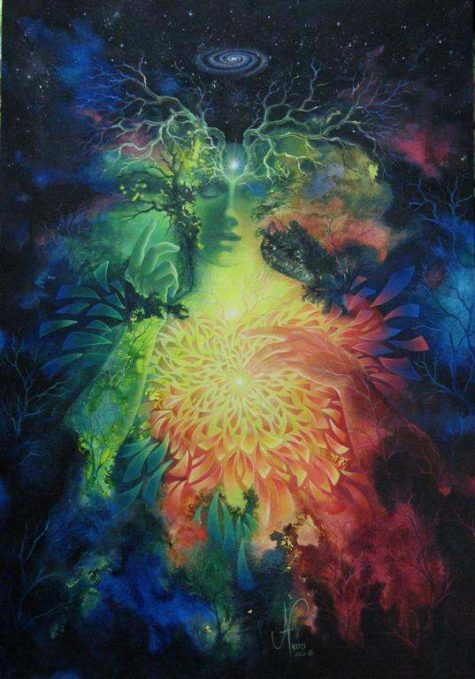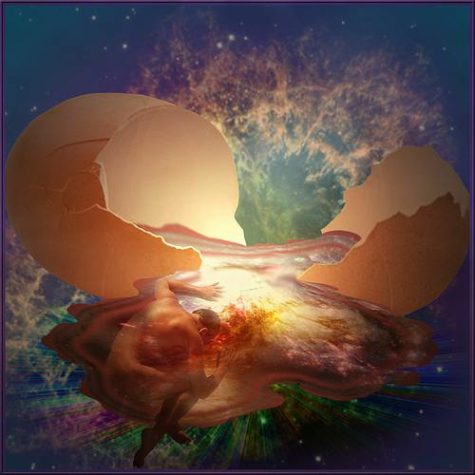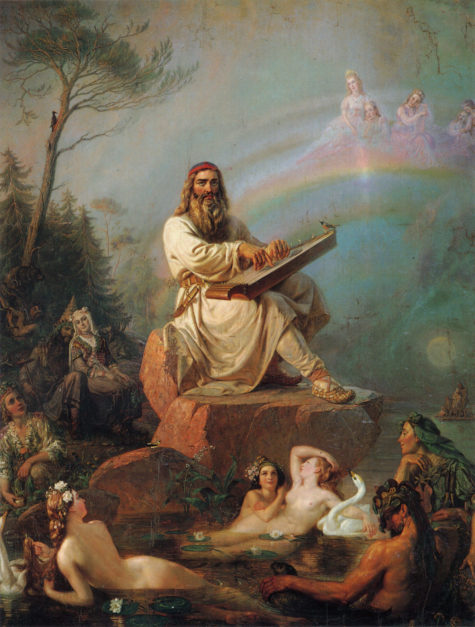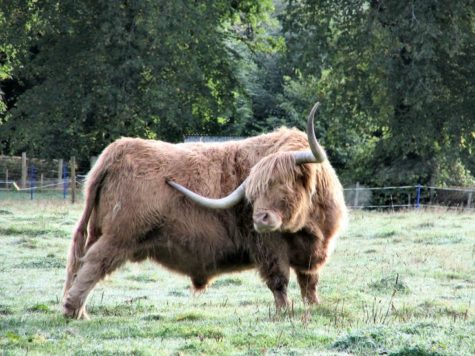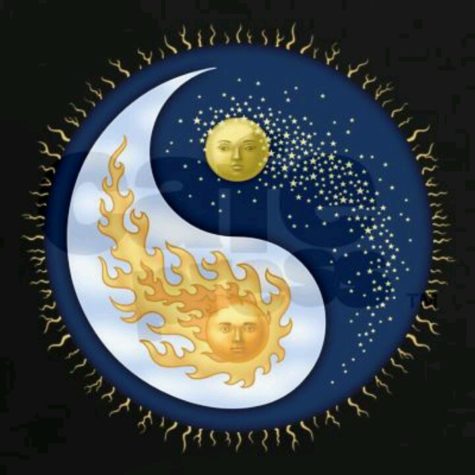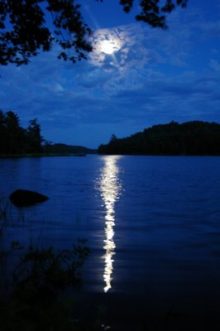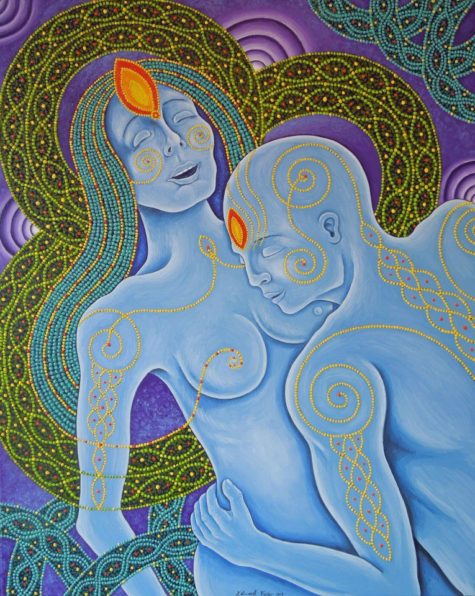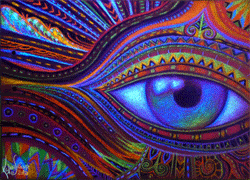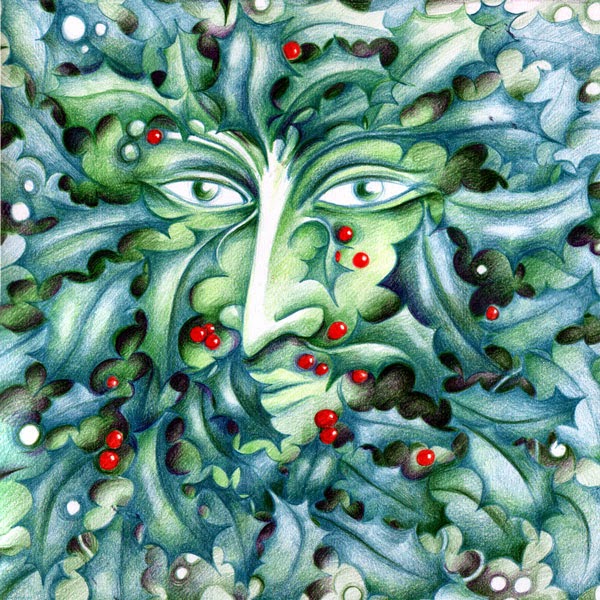Poetry
Mioriţa
Though there are countless whimsical and ghostly tales, Mioriţa is a folklore poem, exclusive to Romania. There are over 1,500 variants of the poem and was conceived in Transylvania. The poem, which was translated into a ballad, is based on an initiation rite and is sung in the form of carols during the winter holidays. It’s cultural significance is that it has been shared among some of the most influential and important people of Romania. Having been translated into over 20 languages, the Mioritic has been the inspiration for countless writers, composers and artists. It is one of the most popular of the four traditional myths of Romanian literature. Here is the translated version:
Mioriţa
Near a low foothill
At Heaven’s doorsill,
Where the trail’s descending
To the plain and ending,
Here three shepherds keep
Their three flocks of sheep,
One, Moldavian,
One, Transylvanian
And one, Vrancean.
Now, the Vrancean
And the Transylvanian
In their thoughts, conniving,
Have laid plans, contriving
At the close of day
To ambush and slay
The Moldavian;
He, the wealthier one,
Had more flocks to keep,
Handsome, long-horned sheep,
Horses, trained and sound,
And the fiercest hounds.
One small ewe-lamb, though,
Dappled gray as tow,
While three full days passed
Bleated loud and fast;
Would not touch the grass.
”Ewe-lamb, dapple-gray,
Muzzled black and gray,
While three full days passed
You bleat loud and fast;
Don’t you like this grass?
Are you too sick to eat,
Little lamb so sweet?”
”Oh my master dear,
Drive the flock out near
That field, dark to view,
Where the grass grows new,
Where there’s shade for you.
”Master, master dear,
Call a large hound near,
A fierce one and fearless,
Strong, loyal and peerless.
The Transylvanian
And the Vrancean
When the daylight’s through
Mean to murder you.”
”Lamb, my little ewe,
If this omen’s true,
If I’m doomed to death
On this tract of heath,
Tell the Vrancean
And Transylvanian
To let my bones lie
Somewhere here close by,
By the sheepfold here
So my flocks are near,
Back of my hut’s grounds
So I’ll hear my hounds.
Tell them what I say:
There, beside me lay
One small pipe of beech
With its soft, sweet speech,
One small pipe of bone
Whit its loving tone,
One of elderwood,
Fiery-tongued and good.
Then the winds that blow
Would play on them so
All my listening sheep
Would draw near and weep
Tears, no blood so deep.
How I met my death,
Tell them not a breath;
Say I could not tarry,
I have gone to marry
A princess – my bride
Is the whole world’s pride.
At my wedding, tell
How a bright star fell,
Sun and moon came down
To hold my bridal crown,
Firs and maple trees
Were my guests; my priests
Were the mountains high;
Fiddlers, birds that fly,
All birds of the sky;
Torchlights, stars on high.
But if you see there,
Should you meet somewhere,
My old mother, little,
With her white wool girdle,
Eyes with their tears flowing,
Over the plains going,
Asking one and all,
Saying to them all,
’Who has ever known,
Who has seen my own
Shepherd fine to see,
Slim as a willow tree,
With his dear face, bright
As the milk-foam, white,
His small mustache, right
As the young wheat’s ear,
With his hair so dear,
Like plumes of the crow
Little eyes that glow
Like the ripe black sloe?’
Ewe-lamb, small and pretty,
For her sake have pity,
Let it just be said
I have gone to wed
A princess most noble
There on Heaven’s door sill.
To that mother, old,
Let it not be told
That a star fell, bright,
For my bridal night;
Firs and maple trees
Were my guests, priests
Were the mountains high;
Fiddlers, birds that fly,
All birds of the sky;
Torchlights, stars on high.”
We Remember Them
At the rising of the sun
and at its going down,
We remember them.
At the blowing of the wind
and in the chill of Winter,
We remember them.
At the opening of buds
and in the rebirth of Spring,
We remember them.
At the blueness of the skies
and in the warmth of Summer,
We remember them.
At the rustling of leaves
and the beauty of Autumn,
We remember them.
At the beginning of the year
and when it ends,
We remember them.
As long as we live,
they too will live;
for they are now a part of us,
as we remember them.
When we are weary
and in need of strength,
We remember them.
When we are lost
and sick at heart,
We remember them.
When we have joys we yearn to share,
We remember them.
When we have decisions
that are difficult to make,
We remember them
When we have achievements
that are based on theirs,
We remember them.
As long as we live,
they too shall live,
for they are a part of us,
as we remember them.
~by Rabbi Jack Riemer
Sekhmet – Lady of Mysteries
I am the Dark Lady of the Egyptian Night, the goddess of Mystery
My signs are the lion, who walks proud and free, without fear
and the viper, who poisons those who displease it
I am offered meat and milk, for these two forms
And also blue lilies, for the dark skies of magic
I walk in the desert at night, and none know me
I stay in caves, and groups of rocks, and old trees
I know the pathways through the darkness on earth,
and I know the pathways beyond
Few have known my secrets, and they have been forgotten
with the moving of sands and of armies
But I still live, and hold the keys, and the passwords
To the worlds that appear after death
As the lion-goddess, I prey upon the unworthy
I am the wrath of the desert to the dishonest
I am the wrath of many gods, for I do not hesitate to act
And I have been involved in vengeance
I deserve to be feared
For my anger has gone forth upon the tomb-robbers and the killers of children
But for those who fear me, and speak with respect
I give knowledge of the many worlds of death
I am the Dark Guide, the secret way-finder, the one who leads through mazes
Some seek the worlds of the pharoahs,
those proud men bloated with their own importance
They now live in kingdoms which are echoes of their own worldly power
And they never change or grow
They paid their magicians well to make these worlds
As they paid their architects and sculptors to make monuments in the sand
They earned their money, and made afterlives of waters and date palms
But they stay there forever, without knowledge or love
Remembering their days of power
These are not worlds to visit
Where should one go in the after life?
This is the question
It depends on your ideals and your worthiness
One may be initiated during life, or after death to find the way
My worlds are those of dark beauty, the worlds of magicians, and explorers of the night
Not angry ghost and monsters, not the hell worlds
But places of clean pure air, filled with sorcery and wonder
Where one can feel the power and move it at will
Where the night air is your sculpture, and the stars your paint
Where each person can make a world of his own
Or, one may go to the worlds of Ra, the shining one
Whose rays are full of secret worlds
Ra whose boat travels the skies
Whose explosive power fills the skies with fireworks
Who shows the range of what already exists
Or we have the worlds of Isis
Lover, mourner, queen
It is Isis who both heals and steals, who is both truth and falsehood
Isis is the drama queen who plays the faithful wife
Yet takes power whenever she can get it
She is no great goddess who rules the sky
She is the trophy wife, desired by men and manipulating them
She can heal if she wishes but she may also lie about it
Osiris has the green worlds, and the death worlds
He is an ocean who absorbs all souls
To become Osiris is to lose your soul
I am the dark goddess who shows the way
Who strides like a lion in the darkness.
~Poetry from Crystal Rivers
Incantation Against Sickness
O malady, disappear into the heavens;
pain, rise up to the clouds;
inflamed vapour, fly into the air,
in order that the wind may take the away,
that the tempest may chase thee to distant regions,
where neither sun nor moon give their light,
where the warm wind does not inflame the flesh.
~from the Kalevala
The Birth of Vainamoinen
From the Kalevala, here is the story of the creation of the world, Ilmatar Daughter of Nature, and the birth of her son, Vainamoinen.
Lonely come the nights upon us,
Lonely dawn the brightening days;
Lonely born was Vainamoinen,
All alone, the poet immortal,
From the beautiful who bore him,
From his mother, Ilmatar –
She, the virgin of the air,
Beautiful maiden. Nature’s child,
Long maintained in holiness
Her eternal maidenhood
In the far-horizoned heavens,
Level meadows of the air.
But in time she wearied of it,
Was estranged from this odd living,
Always being by herself,
Ever living as a virgin
In those far-horizoned heavens,
In those vast and empty spaces.
So at length she then descended
To the seawaves down below,
To the open clear sea surface
Out upon the open ocean.
Suddenly a storm wind blew,
Out of the east an angry blast
Blew the water to a foam
Heaving up the rollers high.
By the wind the maid was rocked,
On a wave the maid was driven
Round about the blue sea surface
By the whirling whitecaps lifted
Where her womb the wind awakened
And the sea-foam impregnated.
Thus a full womb now she carried,
Long she bore her burdened belly,
Seven hundred years she bore it
For nine lifetimes of a man,
Yet the borning was unborn,
Still the fetus undelivered.
As the mother of the water
Aimlessly the virgin drifted:
She swam eastward, she swam westward,
She swam south and northwestward,
Swimming round the whole horizon
In the anguish of her birth pangs,
In her belly’s bursting pains.
Yet the borning was unborn,
Still the fetus undelivered.
Then she fell to weeping softly,
Said a word and spoke out thus:
“Woe is me, the water wanderer,
Luckless girl, misfortune’s child!
Now already I’m in trouble,
Shelterless beneath the sky,
Ever rocking on the seawaves
To be cradled by the wind,
To be driven by the billows
On these far-extending waters,
Endlessly repeated billows.
“Better had it been for me
To have stayed the airy virgin
Than to be as I am now
Drifting as the water-mother.
Its too cold for me to stay here,
Painful to be drifting here,
Wallowing in this watery waste.
“0 thou Ukko, lord of all,
Hear me, thou the all-sustainer:
Come, 0 come where thou art needed;
Come, 0 come where thou art called!
Loose the maiden from her misery
And the woman from her womb-ache;
Come thou quickly, soon arriving
Where thy help is sooner needed.”
Then a bit of time passed over
Like a tiny rash of rain,
When a scaup, the honest bird,
Came on hovering here and there
Searching for a nesting place,
For a spot to build her home on.
She flew eastward, she flew westward,
Flew to northwest and to southward
But she cannot find a spot
Even in the worst of places
Where to build her needful nest,
Where to take up her abode.
Hovering, fluttering back and forth
Thus she thought and pondered it:
“Must I make my home on wind,
Build my hut upon the billows
Where the wind can blow it over
Or a wave can wash away?”
So the mother of the water,
Water mother, airy maiden,
Raised her knee above the surface
And her shoulder from the wave
As a refuge for the scaup
And a welcome nesting place.
Then that scaup, the lovely bird,
Fluttering round and hovering over
Spied the water-mother’s knee
Lifted from the sea’s blue surface;
Took it for a grassy tussock
Or a tuft of new-grown turf.
Flies about, flitting here and there,
Settles on the lifted kneecap.
It is there she builds her nest,
There she laid her golden eggs –
Six were the golden eggs she laid,
But the seventh was of iron.
She began to hatch the eggs there,
Heating up the lifted kneecap;
Brooded one day, brooded two days,
Even on the third day brooding.
Then the mother of the water,
Little mother, airy maiden,
Felt the rising heat upon her,
Felt as if her skin were scorching,
Thought her kneecap was on fire,
That her very veins were melting.
All at once she jerked her knee,
Agitating every member,
And the eggs rolled in the water
To the tumbling of the tides;
Into bits the eggs were broken,
Shattered into crumbs and pieces.
But the eggs and pieces were not
Mixed up with the mud and water
For at once the crumbs grew comely
And the pieces beautiful.
One egg’s lower half transformed
And became the earth below,
And its upper half transmuted
And became the sky above;
From the yolk the sun was made,
Light of day to shine upon us;
From the white the moon was formed,
Light of night to gleam above us;
All the colored brighter bits
Rose to be the stars of heaven
And the darker crumbs changed into
Clouds and cloudlets in the sky.
Quickly now the time goes forward
As the hurrying years pass by
While the newborn sun is shining
And the newborn moon is gleaming.
Still the mother goes on swimming,
Water mother, airy maiden,
Swimming on those peaceful waters
Over misty seawaves wandering.
Before her flowed the liquid deep,
Behind her shone the empty heaven.
In the ninth year, tenth of summers,
Raised her head out of the sea,
Lifts her crown above the water;
Set to work on her creations,
Hastens on her handiwork,
Out upon the clear sea surface,
Out upon the open ocean.
Where she gave her hand a turn
There she put the capes in order;
Where her foot struck bottom, there
Grottoes for the fish were formed;
Where the bubbles reached the surface
There the deeps were made still deeper.
Where her side had scraped the land
There the level shores appeared;
Where she turned her foot to landward
There the salmon grounds were formed,
And wherever her head touched land
There the broad bays opened out.
Swimming farther out from shore
She halted on the smooth sea surface
Where she made the little islands.
Then she raised the hidden reefs
Where the grounded ships would founder,
Many a seaman lose his life.
Now the islands were in order
And the small isles of the sea;
Pillars for the sky were planted,
Lands and continents created;
On the rocks the writs were written”
And the signs drawn on the cliffs.
Yet Vainamoinen is unborn,
Poet eternal not emerged.
Old reliable Vainamoinen
Traveled in his mother’s womb,
Traveled there for thirty summers
And as many winters too
On the ocean now so peaceful
In that misty world of water.
He is pondering, he is thinking,
How to live or how survive
In this dismal hiding place,
In this narrowest of dwellings
Where he never saw the moon,
Never got a glimpse of sunlight.
So he speaks out in these words,
Says it in these sentences:
“Free me. Moon, and Sun, release me!
Thou, Great Bear, do ever guide me,
Lead a man here through strange doors,
Through these unfamiliar gates.
Release me from this narrow nest,
From this shut-in dwelling place!
Guide the traveler to the land,
Child of mankind to the open
To behold the moon in heaven
And to wonder at the daylight,
Get to know the Great Bear’s grandeur
Or just to stare up at the stars!”
Since the moon did not arrive
Nor the sun come to release him,
Alienated from his birth time,
Impatient of this dull existence,
He pushed against his prison lock
Pressing with his nameless finger,
Slid the bony bolt aside,
With his left toe opened it;
Scrabbling with his nails he came
Crawling through the exit door.
Headlong in the sea he tumbled
With a hand-turn in the waves.
There the man was left alone
In the rough care of the billows.
There he floated for five years,
Six, seven, even eight years,
Stopped at last upon the surface
There beside a nameless headland,
On a treeless continent.
Struggling up with knee and elbow
He stood up to see the world:
To behold the moon in heaven
And to wonder at the daylight,
Get to know the Great Bear’s grandeur
Or just to stare up at the stars.
That was the birth of Vainamoinen.
Such the daring poets descent
From the beautiful who bore him,
From his mother, Ilmatar.
Wainamoinen’s Harp Songs
The Kalevala recounts a battle of wits between three wizard brothers and the witch goddess, Louhi. It is a treasure trove of ancient shamanistic practices and spells. Here’s a reading:
Wainamoinen’s Harp Songs
Then the singer of Wainola
Took the harp of his creation,
Quick adjusting, sweetly tuning,
Deftly plied his skillful fingers
To the strings that he had fashioned.
Now was gladness rolled on gladness,
And the harmony of pleasure
Echoed from the hills and mountains:
Added singing to his playing,
Out of joy did joy come welling,
Now resounded marvelous music,
All of Northland stopped and listened.
Every creature in the forest,
All the beasts that haunt the woodlands,
On their nimble feet came bounding,
Came to listen to his playing,
Came to hear his songs of joyance.
Leaped the squirrels from the branches,
Merrily from birch to aspen;
Climbed the ermines on the fences,
O’er the plains the elk-deer bounded,
And the lynxes purred with pleasure;
Wolves awoke in far-off swamp-lands,
Bounded o’er the marsh and heather,
And the bear his den deserted,
Left his lair within the pine-wood,
Settled by a fence to listen,
Leaned against the listening gate-posts,
But the gate-posts yield beneath him;
Now he climbs the fir-tree branches
That he may enjoy and wonder,
Climbs and listens to the music
Of the harp of Wainamoinen.
~RUNE XLI.
The epic poem, Kalevala, is celebrated by the Finns this day (February 28) with parades and readings from the poem. The Kalevala is a 19th century work of epic poetry compiled by Elias Lönnrot from Finnish and Karelian oral folklore and mythology. The above translation is by John Martin Crawford,
The Magnificent Bull
My bull is white like the silver fish in the river,
White like the shimmering crane bird on the river bank,
White like fresh milk!
His roar is like the thunder to the Turkish cannon on the steep shore.
My bull is dark like the raincloud in the storm.
He is like summer and winter.
Half of him is dark like the storm cloud
Half of him is light like sunshine.
His back shines like the morning star.
His brow is red like the beak of the hornbill.
His forehead is like a flag, calling the people from a distance.
He resembles the rainbow.
I will water him at the river,
With my spear I shall drive my enemies.
Let them water their herds at the well;
The river belongs to me and my bull.
Drink, my bull, from the river;
I am here to guard you with my spear.
– Traditional Dinka Tribe, Africa
Invocation to the Sun and Moon
Lord Sun, life of day!
In your fire-boat gliding through golden rays!
Extend yourself, with hands of light,
To us who worship in your sight,
And in your ancient names rejoice,
And hear the mystery of your voice.
Lady Moon, cloud bound,
Of liquid light and pale hounds,
Course among us — Your light diffuse!
Shed your blessings on us who choose
The evening worship by silver flame,
Singing your thousand living names.
Invocation by Olwen Fferyllt
Look!
The Courtship of Inanna and Damuzi
The courtship of Inanna and Dumuzi is one of the oldest love poems from the ancient world. It is a story of love between the gods (although some argue that Dumuzi was a real person, who rose to power, and so attained mythical divine status). When the gods consummate their love the result is fecundity on earth, particularly for their worshipers.
This Sumerian text is often compared to the Song of Songs. The Egyptian love poetry makes a better parallel, but there are some connections. However, a word of warning, this is much more explicitly sexual than the Song of Songs, and, of course, it is about divine lovers.
Here it is:
The brother spoke to this younger sister
The Sun God, Utu, spoke to Inanna, saying:
‘Young Lady, the flax in its fullness is lovely,
Inanna, the grain is glistening in the furrow.
I will hoe it for you, I will bring it to you
A piece of linen, big or small, is always needed.
Inanna, I will bring it to you.’
‘Brother, after you’ve brought me the flax, who will comb it for me?
Sister, I will bring it to you combed.’
‘Utu, after you’ve brought it to me combed, who will spin it for me?
‘Sister, I will bring it to you spun.’
‘Brother, after you’ve brought the flax to me spun, who will braid it for me?
‘Sister, I will bring it to you braided.’
‘Utu, after you’ve brought it to me braided, who will warp it for me?’
‘Inanna, I will bring it to you warped.’
‘Brother, after you’ve brought the flax to me warped, who will weave it for me?’
‘Sister, I will bring it to you woven.’
‘Utu, after you’ve brought it to me woven, who will bleach it for me?’
‘Inanna, I will bring it to you bleached.’
‘Brother, after you’ve brought my bridal sheet to me,
Who will go to bed with me?
Utu, who will go to bed with me?’
‘Sister, your bridegroom will go to be with you
He who was born from a fertile womb,
He who was conceived on the sacred marriage throne
Dumuzi, the shepherd! He will go to bed with you.’
Inanna bathed and anointed herself with scented oil.
She covered her body with the royal robe
She arranged her precious lapis beads around her neck
She took the royal seal in her hand
Dumuzi waited expectantly
Inanna opened the door for him
Inside the house she shone before him
Like the light of the moon
Dumuzi looked at her joyously
He pressed his neck close against hers
He kissed her Continue reading
James Cheney: Invocation To The Dark Mother
Daniel: Prayer Before The Final Battle
blessed obyno: Queen of Ghosts
blessed obyno: Queen of Ghosts
Caerlion Arthur: The Great, Bloody and Bruised Veil of the World
